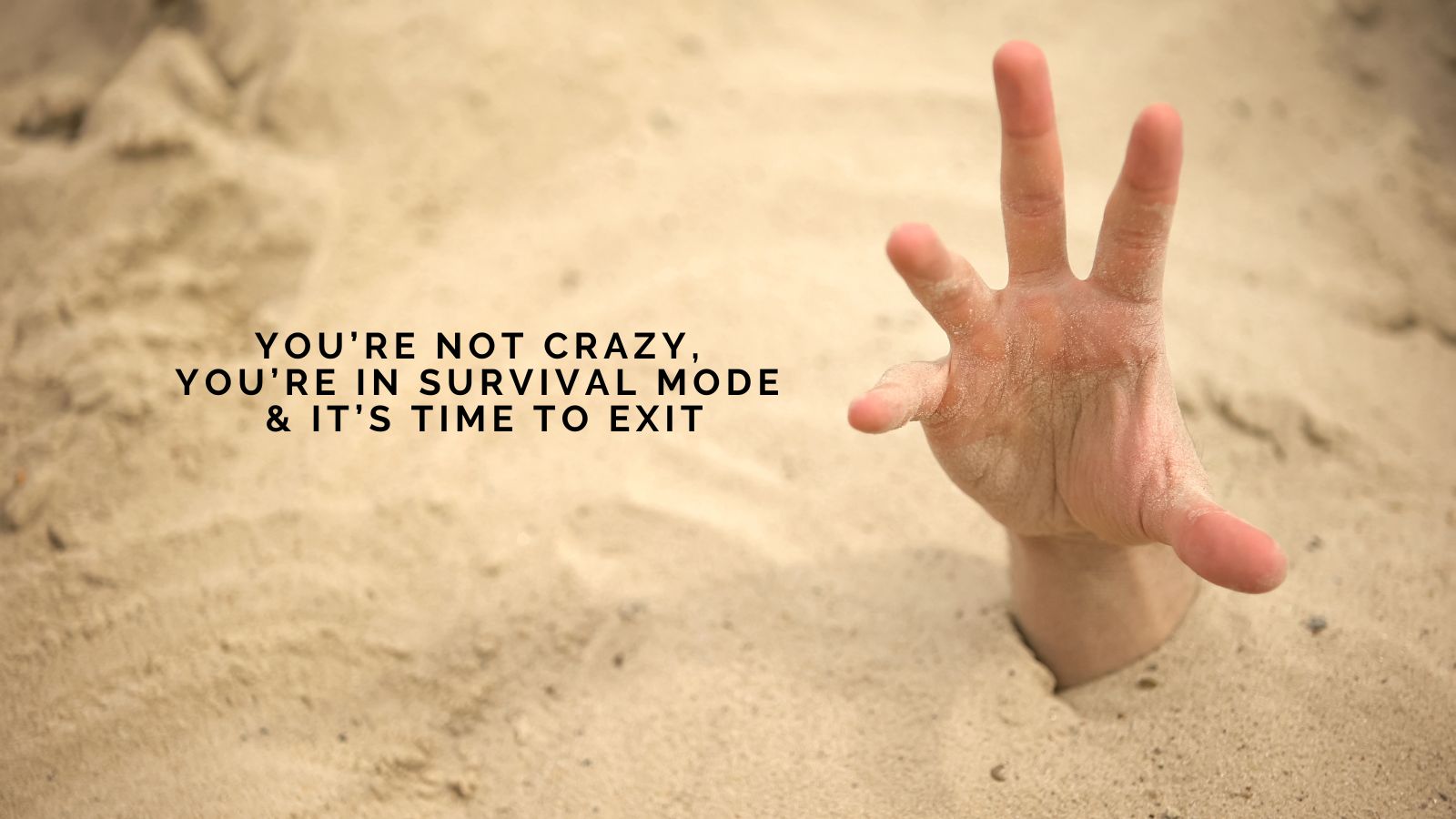
Let's have a chinwag about something that probably keeps you up at night: social media. You know it's a 'must-do', but the big, looming question is always, "How much time should I be spending on this beast?" It feels like a bottomless pit, doesn't it? One minute you're crafting a witty tweet, the next you're down a rabbit hole of cat videos and it's suddenly tea time!
I'm here to tell you that it doesn't have to be a time-suck that leaves you tearing your hair out. It's all about being clever, strategic, and most importantly, efficient.
Let's get this out of the way: there's no magic number of hours that guarantees social media superstardom. What works for a bustling bakery in Brighton might be totally different for a bespoke jewellery designer in Glasgow.
It boils down to a few key things:
Your Goals: Are you aiming for brand awareness, driving website traffic, generating leads, or building a thriving community? Each goal demands a slightly different time investment.
Your Audience: Where do your dream customers hang out online? Are they on LinkedIn, Instagram, TikTok, or a bit of everything? Focusing your efforts where your audience is saves buckets of time.
Your Resources: Are you a one-person band, or do you have a small team helping out? Be realistic about what you can manage.
Your Industry: Some industries are naturally more visual and lend themselves to platforms like Instagram, while others thrive on informative content on LinkedIn.
However, if you're looking for a rough guide, many experts suggest that small businesses should aim for anywhere from 5 to 10 hours per week on social media. For some B2B businesses, this might even stretch to 10+ hours for real impact. Now, before you gasp and spill your cuppa, let's break down how to make those hours count and avoid the pitfalls!
Forget haphazardly logging on whenever you have a spare five minutes. That's a recipe for distraction and inefficiency. The secret sauce to effective social media time management is time blocking.
Imagine your day as a series of specific chunks, each dedicated to a particular task. For social media, this could look like:
Monday Morning (1-2 hours): Content Creation & Scheduling. This is your power hour (or two!). Brainstorm ideas, write your captions, design your visuals, and then get them scheduled using a scheduling tool (Hootsuite, Buffer, Meta Business Suite – take your pick!). Batching your content like this means you're not scrambling every day for something to post. You're thinking ahead, and that's pure genius.
Daily Engagement Sprints (2 x 15-30 minutes): Respond & Interact. This is where the "social" in social media truly comes alive. Set aside two dedicated slots in your day (e.g., mid-morning and late afternoon) to check notifications, respond to comments, answer direct messages, and engage with other relevant accounts. Think of it as opening your digital shop door and greeting your customers.
Weekly/Fortnightly Analytics Review (30-60 minutes): Learn & Adapt. Every week or fortnight, take a peek at your analytics. What's working? What's flopping? Which posts got the most engagement? This isn't just numbers; it's insights that help you fine-tune your strategy. Adjust your content calendar based on what your audience loves!
By assigning specific times to these tasks, you create a routine that works for you, not against you. Plus, when that time block is over, you can confidently close the apps and move on, knowing you've done your social media duty.
Right, let's talk about something that can absolutely decimate your carefully planned time blocks: arguments in the comment section. We've all seen them, those debates that spiral out of control, sucking in anyone who dares to weigh in.
Here's a golden rule for your business accounts: Stay Away!
Seriously, getting drawn into a protracted argument in the comments section is like throwing your precious time into a black hole. It won't do your business any good. In fact, it can actively harm your brand reputation.
Your approach to negative or contentious comments should be:
Professional and Measured: Respond calmly and politely.
Problem-Solving (if applicable): If it's a customer complaint, offer to take the conversation offline to resolve it privately (e.g., "Please drop us a DM with more details so we can help you with this.").
Know When to Walk Away: If someone is just being argumentative or trolling, a polite "Thank you for your feedback" or simply no response at all is often the best strategy. Your time is far too valuable to waste on digital squabbles that don't serve your business goals.
Remember, your social media presence is an extension of your brand. Keep it positive, productive, and professional.
Choose Your Platforms Wisely: Don't feel pressured to be everywhere. Focus on the 1-3 platforms where your ideal customers are most active and where your content truly shines. Quality over quantity, always!
Repurpose, Repurpose, Repurpose! Got a cracking blog post? Chop it up into a series of social media snippets, create an infographic, turn a key quote into an image, or film a short video discussing the topic. One piece of content can fuel many posts across different platforms. It’s like getting several meals from one Sunday roast!
Content Calendar is King (or Queen!): This isn't just about scheduling; it's about planning your themes, campaigns, and key messages in advance. A well-organised content calendar is your blueprint for consistency and saves you from daily panic.
Automate Where You Can: Beyond scheduling posts, look into tools that help with audience insights, reporting, or even AI-powered content ideas. They're like having a little digital assistant.
Listen More, Post Less (Sometimes): Social listening – monitoring mentions of your brand, industry keywords, and competitors – can be incredibly insightful. Knowing what people are saying allows you to jump into relevant conversations or address issues proactively.
Embrace the "Less Polish, More Real" Vibe: Not every post needs to be a highly produced masterpiece. Sometimes, a raw, authentic peek behind the scenes or a quick video answering a common customer question resonates far more. It saves time and builds connection.
Social media for your small business shouldn't feel like a never-ending chore. It's a powerful tool for connecting with your audience, building your brand, and ultimately, growing your business. By being intentional with your time, embracing the magic of time blocking, and sidestepping those unproductive online arguments, you'll find that managing your social presence becomes less of a burden and more of a joyful, strategic endeavour.
Now, go forth and conquer those algorithms, but remember to put the kettle on and give yourself a well-deserved pat on the back when you're done! You've earned it.





















